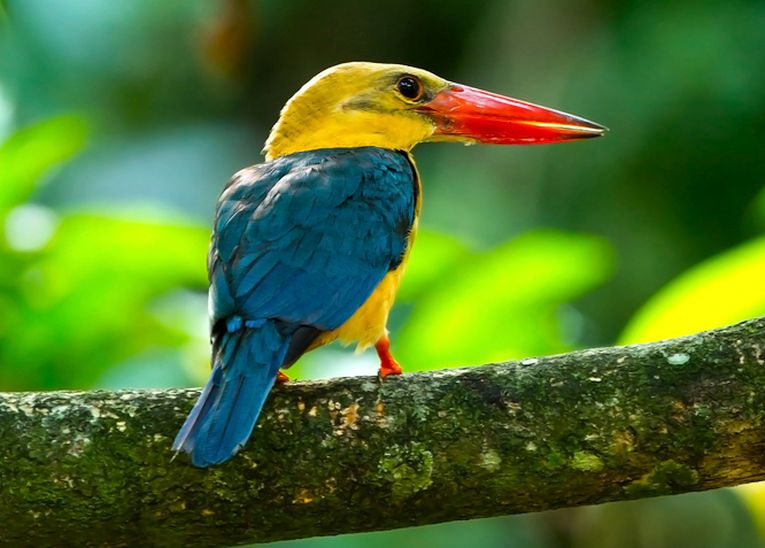As Unilever, Mars and Kellogg refuse to buy from a Malaysian oil palm company because of its unsustainable practice in Borneo, the Indonesian government have finally entered the arena to ban development of further palm oil plantations. Although the ban is only temporary, it will prevent these companies from destroying more peatland and rainforest. IOI, the Malaysian company concerned in Borneo, was repeatedly reported as burning, exploiting local communities and creating conflicts.
Greenpeace International report the story in Kiki Taufik’s blog. He is significantly well-informed as global head of the Forest Campaign at Greenpeace Indonesia. They score multinationals on their performance in buying from such toxic
palm oil for their soap, face creams and many other popular products. Most interesting are the poor performers, Colgate and Johnson and Johnson, both jumping on the bandwagon by breaking with IOI.
The real reason for Indonesian President Joko Widodo (Jokowi) becoming involved is the forest fires created by unscrupulous companies clearing land for plantations. He is under international pressure to lower the highly toxic air pollution in many SE Asian cities, as the smoke and gases spread from the south east to the mainland. His own cities are obviously even more polluted, as he found out when he was mayor of Jakarta.
As more companies are literally forced to adopt a style of management that embraces sustainability, prices will rise, but then so will wages and employment as more people have to be on the ground to regulate these dirty practices, literally soiling their own (or somebody elses) back yard! We have diligently covered the scientific background to the problems of oil palm plantations, displayed in the Journal of Applied Ecology in our story: Oil palm ecology suits some.










